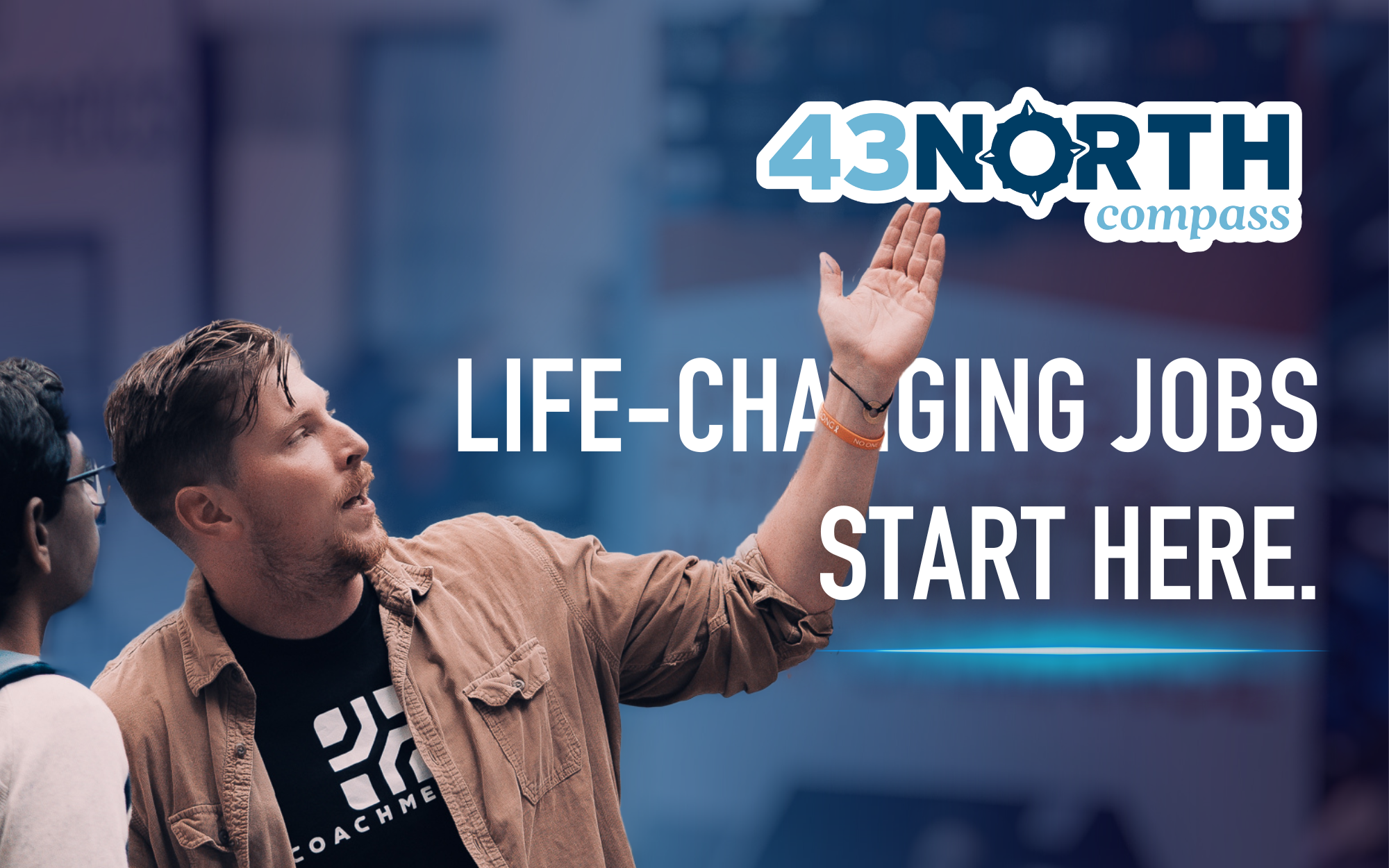Business Development Representative
The Business Development Representative role at Kickfurther focuses on driving revenue by identifying funding opportunities, creating pipelines for Account Executives, utilizing outbound sales strategies, attending trade shows, and contributing to ongoing product optimization efforts, with opportunities for advancement in the high-growth environment.

Director, Customer Support
SQUIRE’s Director of Customer Support leads the Customer Support team to ensure exceptional service delivery, develop strategies for efficient inquiry handling, maintain strong customer relationships and drive operational excellence.

Utilities Senior Software Product Manager
As the Utilities Senior Software Product Manager at E Source, you’ll lead the lifecycle management of data-driven software products, collaborating with cross-functional teams to deliver solutions that optimize utility operations, with a focus on market research, product requirements, testing, and continuous improvement, offering a competitive salary and benefits package with remote work flexibility.








